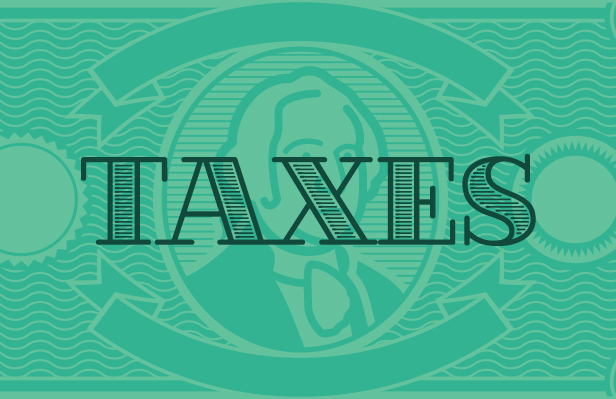Media

A Tale of Two School Districts
North Allegheny School District and Pittsburgh School District are barely a dozen miles apart, but their budgeting approaches for the next fiscal year are worlds apart.
Thanks to rising pension costs and health care benefits, as well as a delayed-state budget, North Allegheny faces a projected shortfall in 2016-17. Instead of quickly resorting to tax increases, however, acting Superintendent Robert Scherrer led an effort to identify cost savings. From TribLIVE:
The superintendent noted that nearly $1.4 million in savings could be realized through payroll and staffing adjustments, which include $640,000 from anticipated retirements that were not reflected in the preliminary budget presented last month.
An additional $534,000 would be removed from the budget for severance pay to more accurately reflect the amount needed for the 2016-17 school year, he said.
Another $140,000 in savings could come through attrition by leaving vacant the equivalent of one full-time teaching position.
Further, the district is looking into “cash back” credit cards, buying fuel in bulk, reducing transportation staff through attrition, and renegotiating its photocopying contract, among other measures to save money.
North Allegheny is clearly making the most of every education dollar—and serving as responsible stewards of taxpayer funds.
On the other hand, this eye-opening report on the Pittsburgh School District explains how the school board was primed for a tax increase vote before a state audit revealed $125 million laying around:
If an audit hadn't been released when it was, there could have been a tax hike, [Auditor General] DePasquale said.
“We announce the audit that they have the largest surplus in the state. A board member comes up to me and says 'We have a tax increase vote tonight, but we didn't know we had this surplus,'” DePasquale said. “So we saved that district a tax hike.”
As to how a school district can lose track of that much money, DePasquale says it comes down many times to poor book keeping.
“So for example Pittsburgh didn't know it had this $125 million. Us coming out with the audit that day prevented a tax increase,” DePasquale said.
While it’s true that school districts face challenges from mandated increases in retirement and health costs, there are ways for districts to save money, streamline processes, and maintain services. In the case of Pittsburgh, better bookkeeping was the only thing standing between taxpayers and a higher bill.